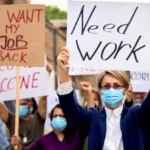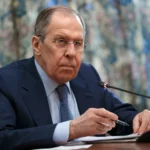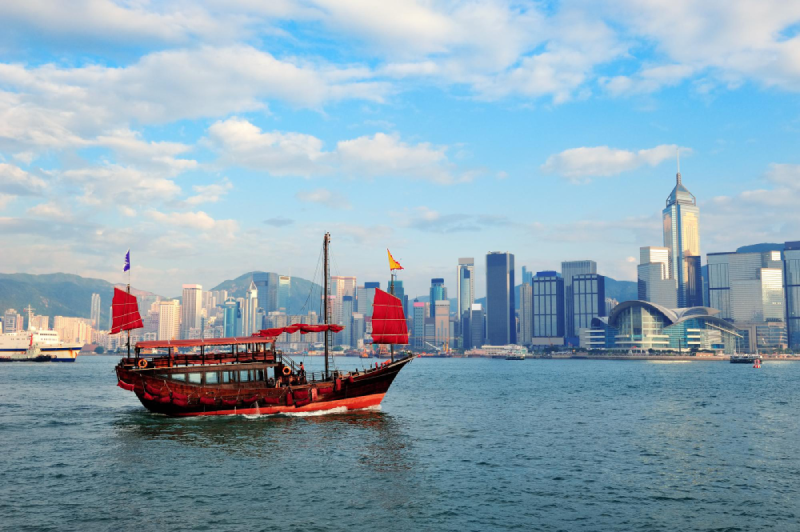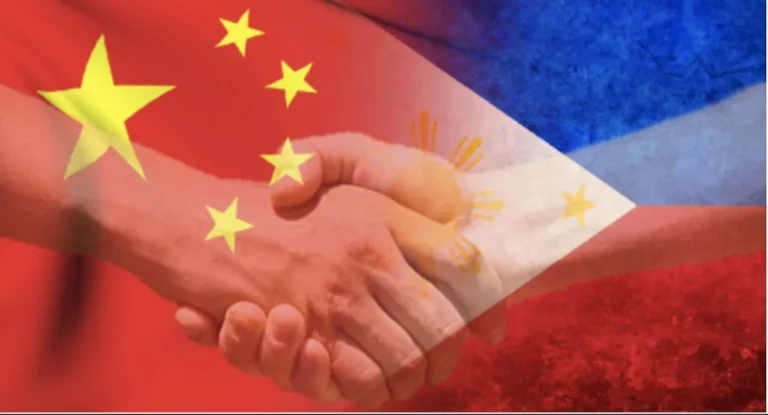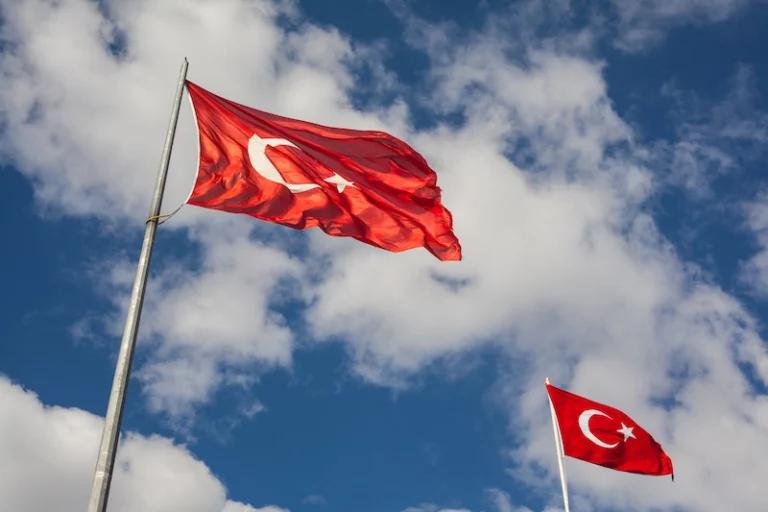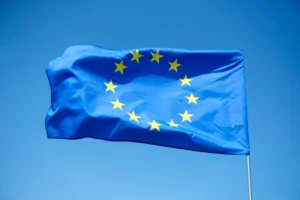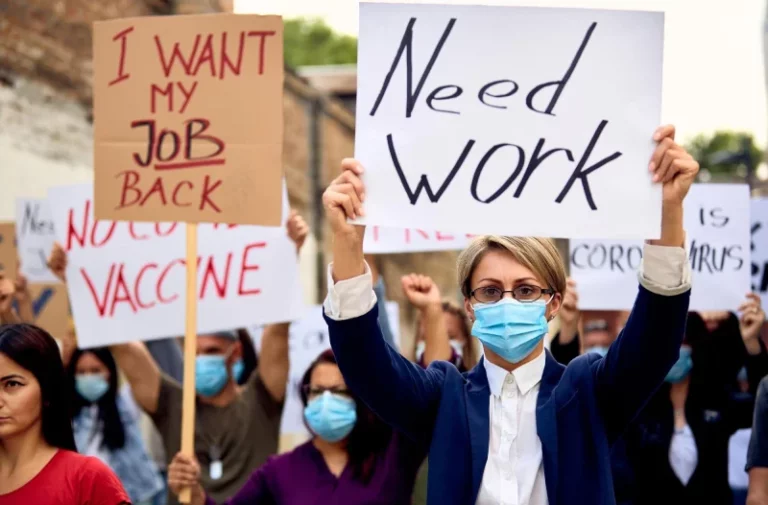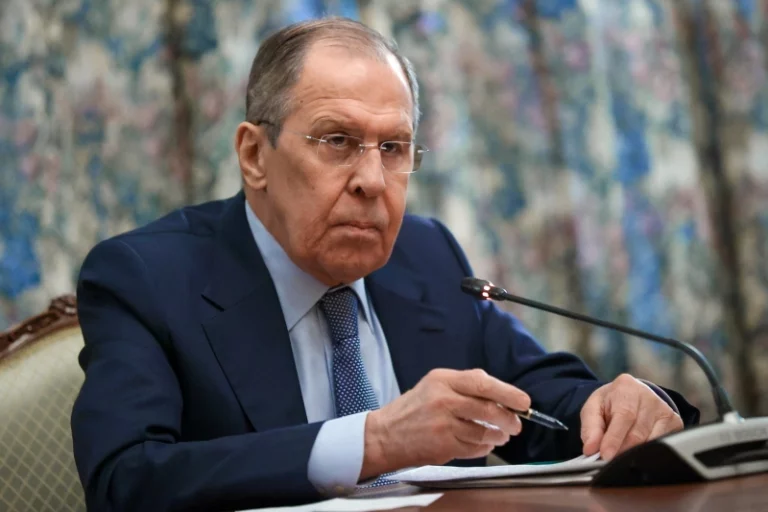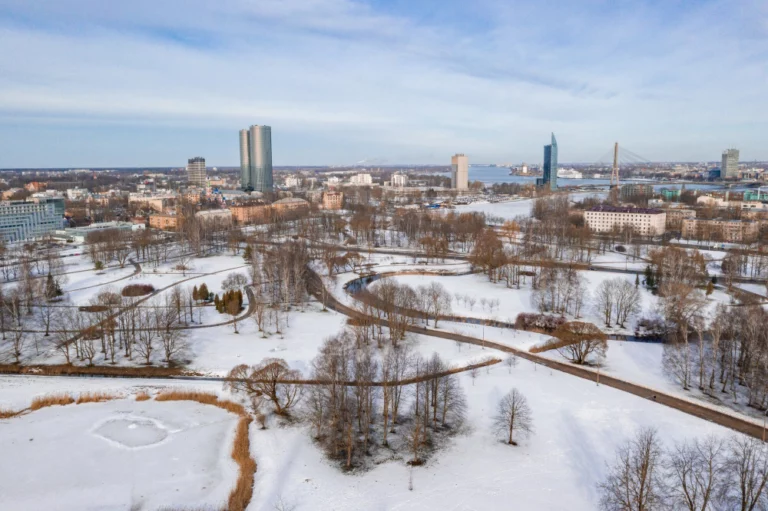Hong Kong, long heralded as the world’s freest economy, has recently ceded its coveted top position to Singapore, according to the latest “Economic Freedom of the World” report compiled by the Montreal-based Fraser Institute. The decline in Hong Kong‘s ranking in this renowned index can be primarily attributed to concerns surrounding the impartiality of its legal system and judiciary.
Decline
For over two decades, Hong Kong had maintained its dominance in the Fraser Institute’s report. However, in the 2023 edition released on Tuesday, the city’s overall score experienced a slight decrease of 0.07 points. This decline can be attributed to diminishing judicial independence, challenges related to impartial courts and legal integrity, and increased military interference, as per the latest available data from 2021.
Implications
The loss of its top position may carry implications for Hong Kong’s economy and government prestige, as the city often touted itself as the world’s freest economy. The Fraser Institute’s Senior Fellow, Matthew Mitchell, noted, “Hong Kong’s recent turn is an example of how economic freedom is intimately connected with civil and political freedom,” pointing out that government efforts to suppress dissent and exert control over the private sector have inevitably led to a reduction in economic freedom, potentially impacting Hong Kong’s prosperity.
The Fraser Institute anticipates that Hong Kong’s score may continue to decline due to ongoing restrictions on freedoms. Singapore has benefited from this shift, as expatriates and foreign businesses have chosen to relocate there from Hong Kong.
The latest report ranked Switzerland, New Zealand, and the United States in the following positions, with China maintaining its rank at 111th place. Fraser Institute also highlighted that the previous rankings did not fully account for the implications of the sweeping national security law that restricts civil liberties and leaves room for the prosecution of political opponents.
Government’s response
The Hong Kong government, however, challenged the assertions made in the report. A government spokesperson stated, “The Fraser Institute’s claims that the Mainland imposed new and significant barriers to entry, limits on the employment of foreign labor, and increases in the costs of doing business in Hong Kong are factually wrong,” expressing their disagreement with the report’s findings.
Hong Kong’s judicial independence and its status as a semi-autonomous region from mainland China have historically been fundamental to its identity as a global financial hub. Nevertheless, the territory, bound by the “one country, two systems” agreement until 2047, has been caught in escalating tensions between China and Western nations.
Beijing’s imposition of the National Security Law in response to anti-government protests in 2020 has had a detrimental impact on business confidence and has prompted the departure of expatriates and international companies.
Furthermore, the city’s global standing has been compromised, as evident in its decline in the world competitiveness ranking and its removal from the economic freedom index by the Heritage Foundation in 2021, citing Beijing’s increasing control as the reason.
